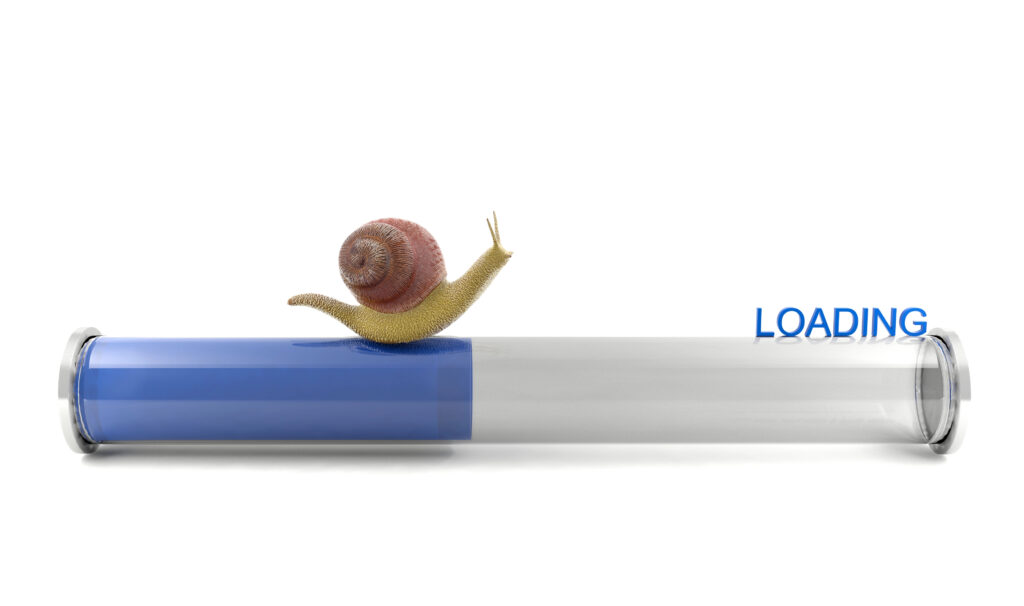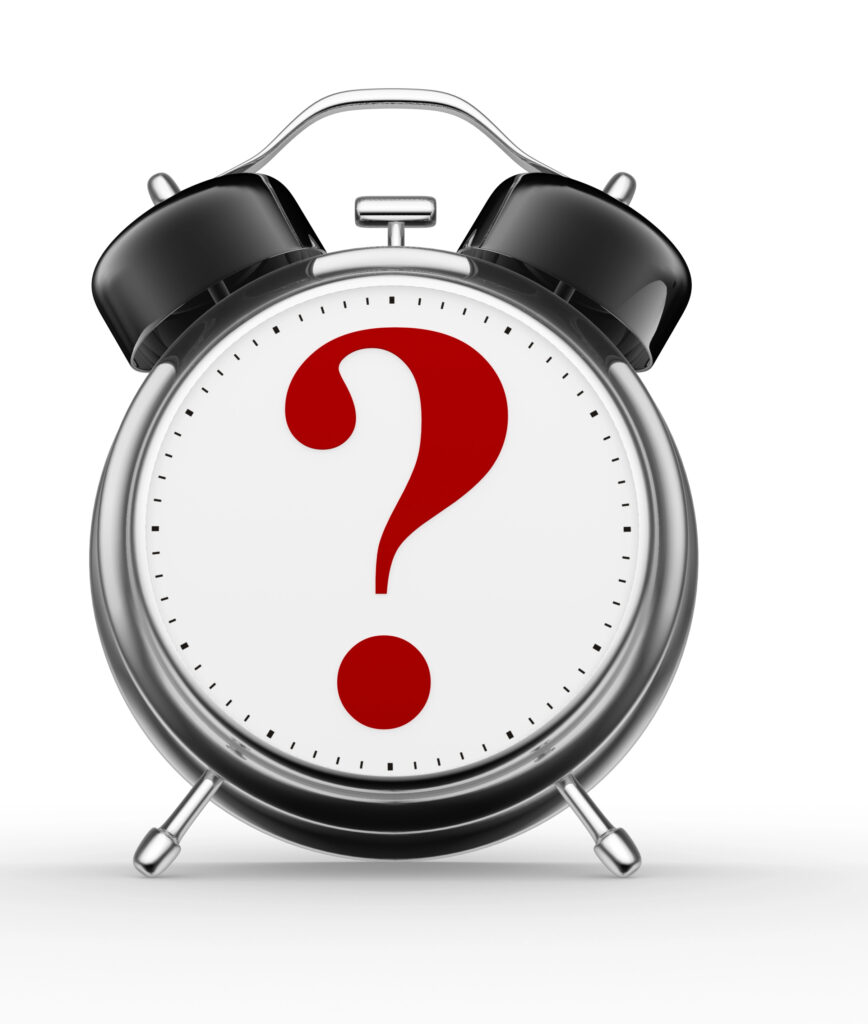
You’ve heard that speed kills before when it comes to website speed…but what many business owners and marketers don’t quite grasp is the magnitude of importance of a fast website. It not only diminishes the likelihood of a conversion (someone buying your product/service for example), but as a top ranking factor for all search engines, it’s devastating to where you rank in the SERP (Search Engine Results Page).
How it’s hurting
SEO Rankings
If you’re trying to improve your Search Engine Optimization rankings (SEO), you need to start by looking at your website’s speed.
Speed is one of the most overlooked yet critical ranking factors that search engines like Google use to decide which pages show up first in search results. In fact, Google has made it clear that site speed directly impacts your visibility online. Speed also affects other key SEO metrics like crawlability. Search engines allocate only so much time to crawl your website. If your site is slow, fewer pages get indexed, and that limits how much of your content is eligible to rank. A well-optimized, fast-loading site not only improves the user experience but also allows your entire digital presence to be better indexed and ranked.
As you may know, better rankings mean more visibility, more traffic, and more potential customers finding your business. In a world where competition is fierce and attention spans are short, shaving just a few seconds off your load time can make a measurable impact on your bottom line.
So if SEO is a priority, site speed is not optional. It’s foundational.
User Frustration
We’ve all experienced how frustrating a slow website can be. Many of us choose to click right off and potentially visit a competitor’s website. Increasing website speed is a great way to keep people engaged with your content.
Mobile experience
Many websites are initially designed and developed on desktop computers, which makes it easy to overlook how they function on a mobile device. However, this oversight can be costly. Today, approximately 85% of users begin their online searches from their smartphones or tablets. That means your mobile experience isn’t just a nice-to-have; it’s critical to your site’s success. If a website loads slowly, appears distorted, or isn’t responsive on mobile screens, users will quickly lose patience and abandon it. Poor mobile usability not only frustrates visitors but also damages your brand’s credibility and leads to missed conversions. In fact, Google uses mobile-first indexing, meaning your mobile site’s performance directly impacts your SEO rankings.
Why it’s slowing down
Large images
If the images on your website are not optimized for the space and are too high resolution or too large, they can slow down the page. These images can take too long to load and detract from the user’s experience. To reduce load times, compress these images without sacrificing the resolution.
Too many plugins
Excessive use of plugins can cause the website to stall. It’s important to limit the use of those that are not regularly updated or useful, as they take up memory and CPU. To monitor website speed to see what needs to be taken off, you can use resources such as Google PageSpeed Insights.
Not using browser caching
It is important to enable browser caching to speed up your website. It can result in a lower server load, reduce page load times, and improve the user experience. Browser caching helps speed up a website by storing static files like images and scripts on a user’s device after their first visit. This means that when the user returns to the site or navigates to another page, their browser can load those files locally instead of downloading them again from the server.
The Bottom Line
You’ve heard the phrase “speed kills”, but when it comes to your website, it’s the lack of speed that’s doing the damage. What many business owners and marketers don’t fully grasp is just how much a slow site can cost them. It’s not just a matter of patience or preference, it’s conversions, visibility, and credibility. A slow-loading website takes away trust, drives users away, and directly impacts your ability to rank on Google and other search engines. It’s one of the most preventable issues holding your digital marketing back. If you’re investing in SEO, advertising, or content creation, but ignoring speed, you won’t get very far. Optimize your site speed now, and watch how everything else improves.

Hi! I’m Sophie, a rising junior at Penn State majoring in Public Relations with minors in Journalism and Business. I’m originally from Newburyport, Massachusetts, and when I’m not running or reporting for Penn State’s student newspaper, you’ll probably find me working on something creative. Coming from a family of artists, I’ve been drawn to the visual side of marketing. I love bringing data to life through engaging, imaginative visuals and finding creative ways to communicate a message. Through my work at the newspaper, I’ve developed a passion for writing in all forms, whether it’s a news article, blog post, or campaign content. I enjoy the entire process, from brainstorming to final edits. When it’s time to unwind, I like to escape to my family’s lake house in Maine, where I recharge by soaking in the scenery and unplugging for a bit.


